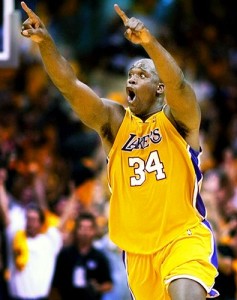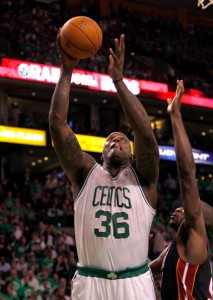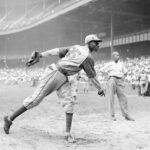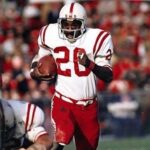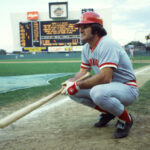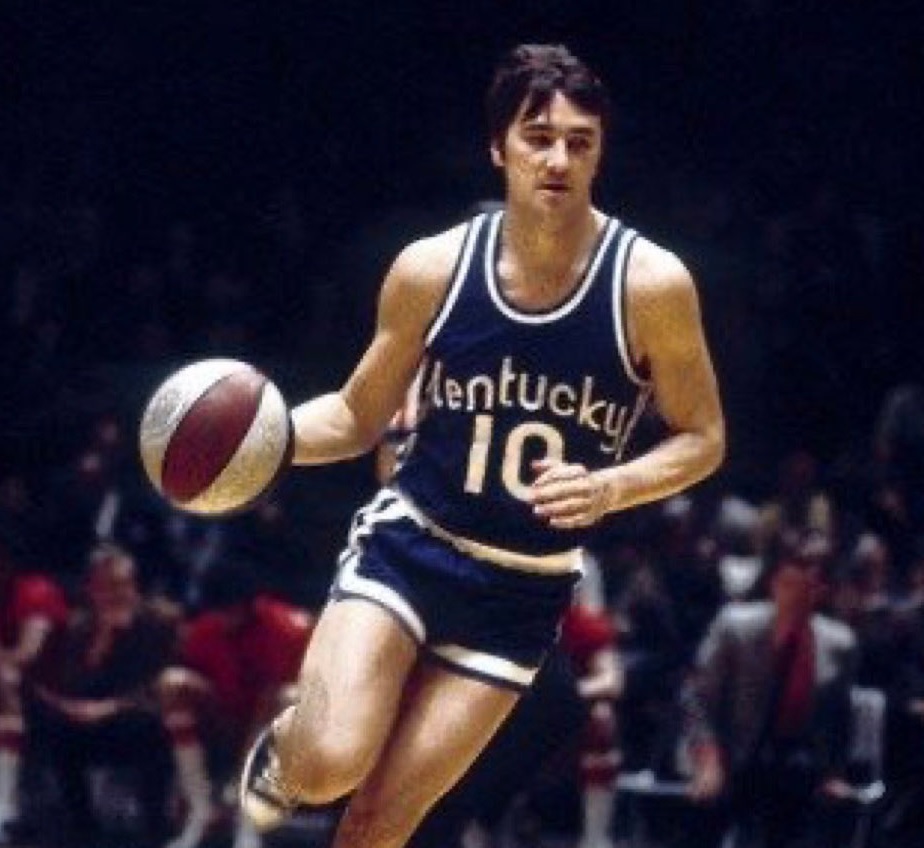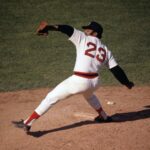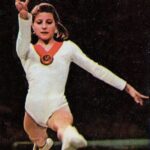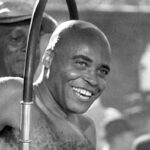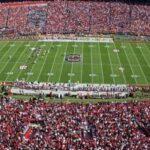NBA Won’t Be The Same Without Shaquille O’Neal
There is little debate that Shaquille O’Neal, who finally announced yesterday that he was retiring from the NBA, stuck around a couple years too long, but even the memories of him laboring up and down the floor for the Boston Celtics cannot taint his career as one of the best players of his generation.
We are quick today to throw out the names of Lebron, Kobe and Derrick Rose when discussing the best player in the NBA, but when Michael Jordan retired from the NBA for the second time in 1998, his position as the best player in the game didn’t go to a forward or guard, but instead to a 7-foot-1 center who was as athletic as any big man in league history.
From the time he entered the NBA with his fresh personality and illuminating smile, Shaquille O’Neal was more than a great player, he was a dominant presence both on and off the court.
During his four seasons in Orlando, he captivated the city and the league. Teaming with Penny Hardaway, Nick Anderson and Dennis Scott, he led Orlando to the NBA Finals in 1995 and could have likely spent a decade making Orlando a basketball power.
But Shaq always had his eye on more than just basketball and after just four seasons in Orlando left for the glitz and glamour of Los Angeles.
When Shaq was selected in 1996 as one of the 50 greatest players in NBA history after just four years in the league he wasn’t chosen as much on the merits of his accomplishments as the promise of what he could become.
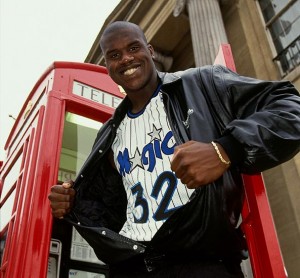
Shaq was an exciting young face when the Orlando Magic selected him with the first pick in the 1992 NBA Draft.
Though a series of injuries often limited him during the regular season, he did play enough to clearly establish himself as the best big-man of his era.
Shaq led the NBA in field goal percentage 10 times and scoring average twice.
Though he had the good fortune during his time with the Los Angeles Lakers to team with Kobe Bryant, there was no question that during the three-year championship run of the Lakers between 2000 and 2002 that it was Shaq’s team.
O’Neal was the NBA MVP in 2000 when he led the league with an average of 29.7 points per game while also grabbing 13.6 rebounds per contest.
After previously struggling in the playoffs, under new head coach Phil Jackson the Lakers thrived in 2000 and claimed the NBA title. In the playoffs that year, O’Neal averaged 30.7 points and 15.4 rebounds per contest.
He was named the MVP of the NBA Finals and repeated that honor in each of the next two seasons as the Lakers won three straight titles.
But injuries eventually began to slightly wear down the “Big Diesel”. After playing in 153 out of a possible 162 games during the 2000 and 2001 regular seasons, Shaq was limited to 67 regular season games in each of the next three seasons.
The Lakers lost in the Western Conference Semifinals in 2003 and the next year lost to the Detroit Pistons in the NBA Finals.
Shaq’s scoring average fell to just 21.5 points per game during the 2003-2004 regular season and he scored at the same clip during the playoffs. It was clear that the Lakers were now “Kobe Bryant’s Team” and following the 2004 playoffs Shaq was traded by the Lakers to the Miami Heat.
Though still hampered by injuries during his tenure with the Heat, O’Neal was able to team with another young superstar in Dwyane Wade to turn the squad into championship contenders.
After losing the Eastern Conference Finals in seven games in 2005, the Heat won the conference title the following season and rallied from a two-game deficit in the NBA Finals to win the championship.
During his final years in the NBA Shaq traveled from team-to-team as Phoenix, Cleveland and then finally Boston hoped that the big center had one more championship run left in his aging body.
Unfortunately, the Shaq of the last few seasons was no longer the dynamic athletic specimen of his earlier years and he often forced teams into a style that was counter to what was preferred by the other players on the court.
Finally, during the recent season Shaq’s body showed that the end had come. He played in only 37 regular season games and then saw only 12 minutes of action in the playoffs.
It was an unceremonious ending for the dominant big-man of his generation.
During 19 NBA seasons, Shaq averaged 23.7 points and 10.9 rebounds per contest. He also connected on 58.2% of his field goal attempts, which is the best all-time.
Considering that he converted only 52.7% of his free throw attempts, had he just been able to shoot at a 60% clip from the line his scoring average could have been even better.
While Shaq will statistically go down as an all-time great, it is as an NBA personality that he will be best remembered. He was one of those transcendent players that captivated an audience and you had to watch.
He left Orlando to become a movie star and while that career eventually fizzled, he will go down as one of the best players in NBA history and can now take his rightful place with George Mikan, Wilt Chamberlain, Bill Russell, Kareem Abdul-Jabbar and David Robinson on the list of the best big-men in NBA history.
